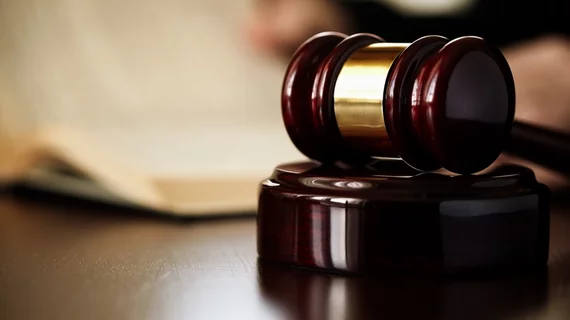Home health president convicted in $1.6M Medicare and bank fraud scheme
The former president of a home healthcare company has pleaded guilty to federal charges of healthcare and bank fraud resulting from a scheme involving stolen Medicare funds.
According to prosecutors, Ester Mbaya, the former president of Cool Waters, a Pennsylvania-based home health agency, stole over $1 million from the federal government, in addition to approximately $585,00 from three different banks.
Court filings claimed that in 2020, during the COVID-19 pandemic, Mbaya would bill Medicare for reimbursement for care that was not actually provided. Further, she falsified documents and payroll records to cover her tracks and balance her internal ledger.
Additionally, Mbaya was accused of applying for lines of credit using bogus financial records. Three different banks lost money as a result of the fraud, which occurred a year after Mbaya stepped down as Cool Waters president in June 2020.
Cool Waters was acquired by another home care company, AmeriBest, also headquartered in Pennsylvania.
Rather than taking her chances at trial, Mbaya admitted to the charges brought by the U.S. Department of Justice. She could face up to 40 years behind bars if given the maximum penalty, along with a $1.25 million fine.
Cool Waters appears to still be in business and operating home care services in Harrisburg.

